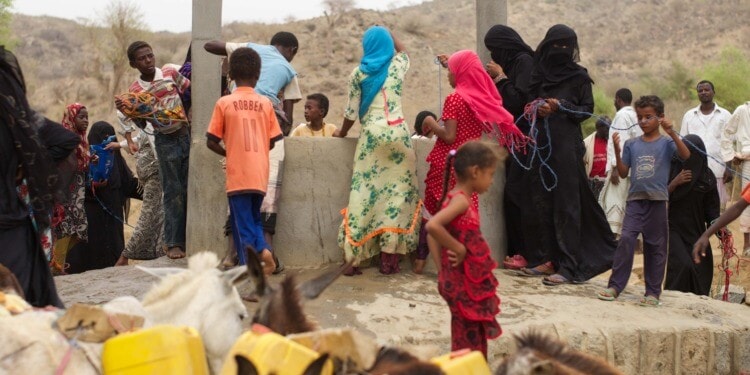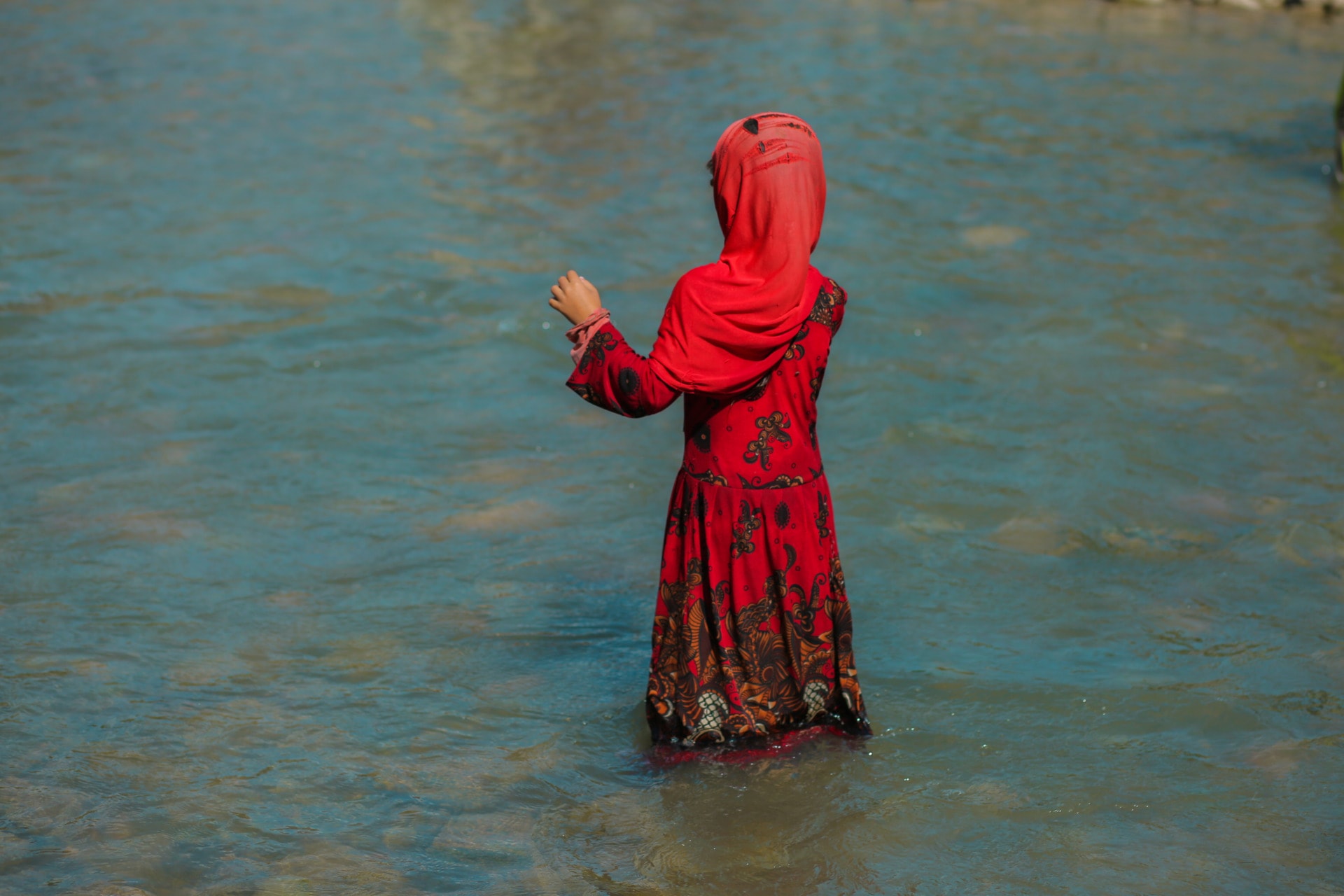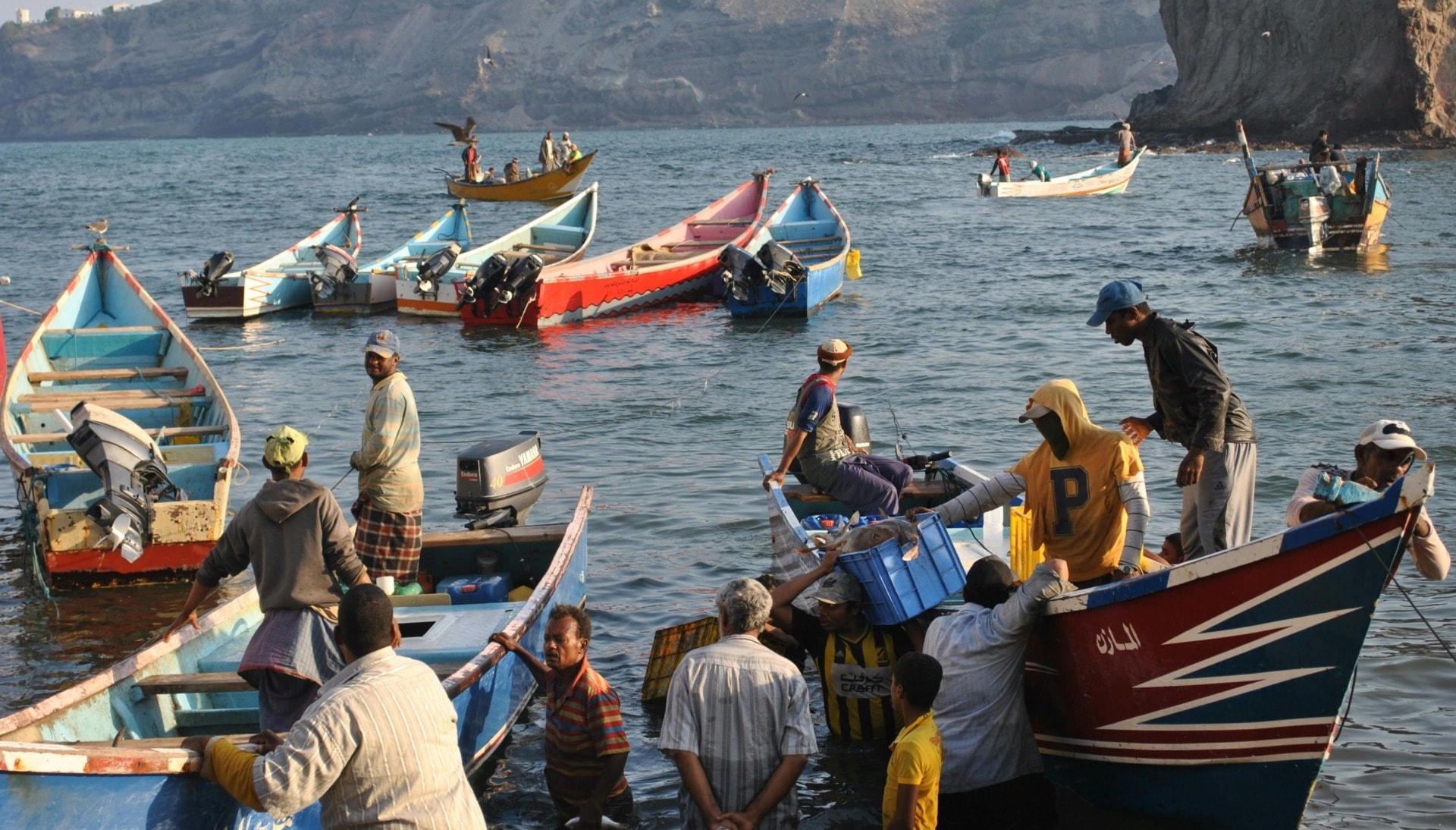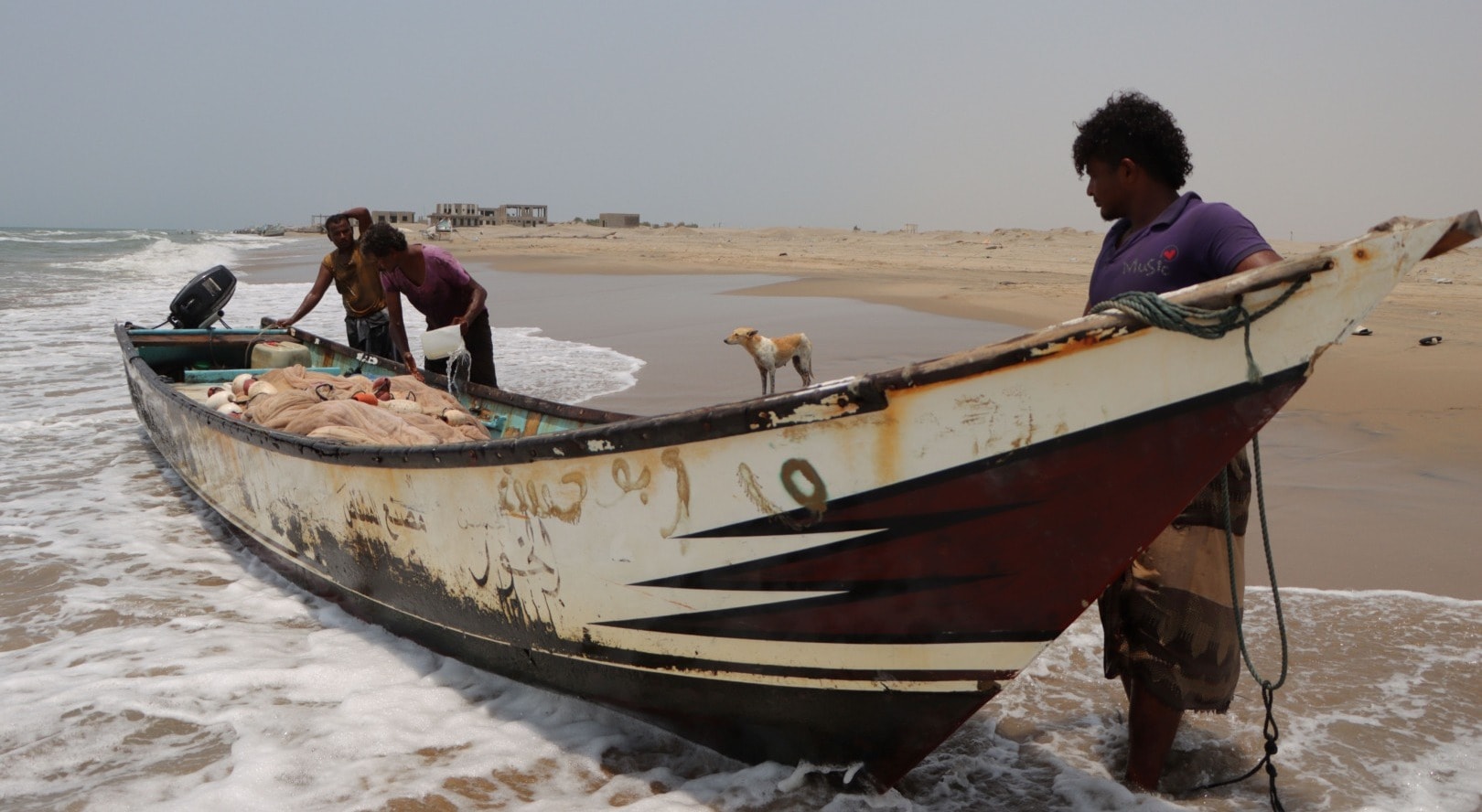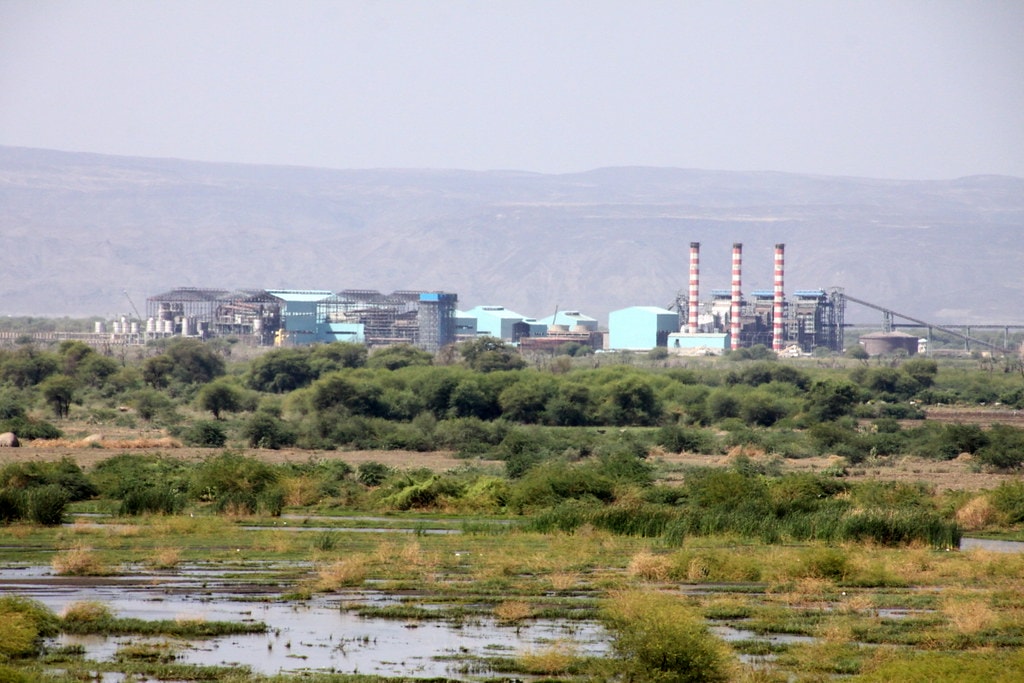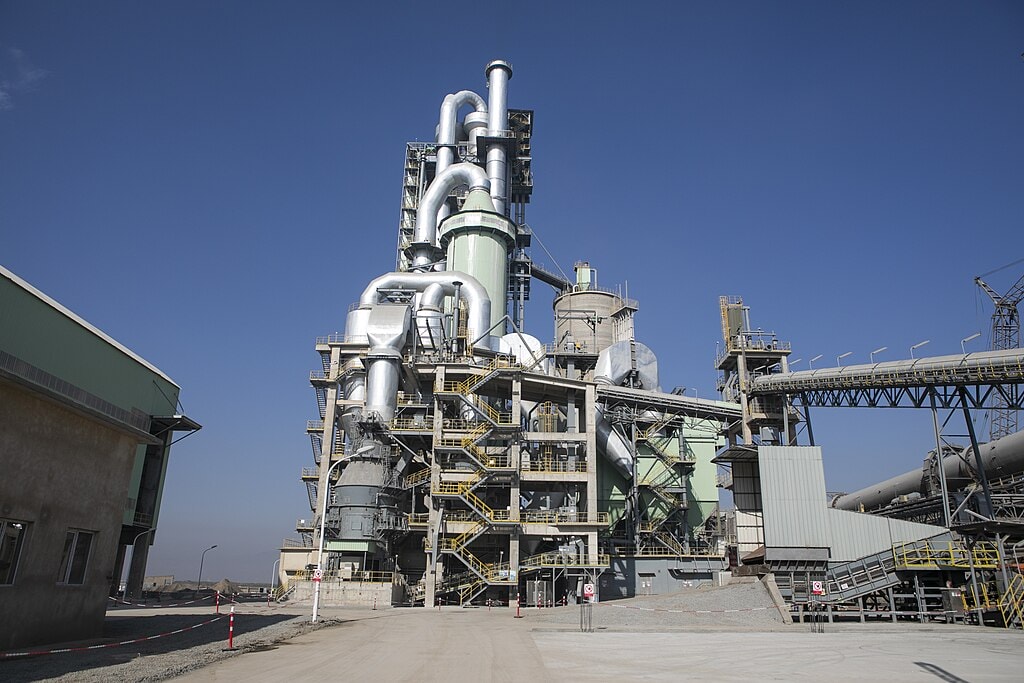An oil tanker stranded off Yemen’s coast since 2015 is expected to sink soon, causing the world’s biggest oil spill ever recorded from its 34 storage tanks. This would spread 1.1 million barrels of crude oil in the red sea, along the coast of a nation already ravaged by civil war. Last week, the UN has found an agreement with the faction that controls the nearest port, the Houthi rebels. This agreement includes both a short-term and long-term solution to avoid the disaster, but the intervention could be too late.
The leakage consequences would be several and appalling. The disaster would shed an oil mass four times larger than that of 1989’s Exxon Valdez spill, which irreversibly damaged Prince William sound (an area in southern Alaska). The effects of that disaster are still felt today, more than 30 years later, and that is one of the most isolated places on earth. Instead, an average of 100 ships passes daily through the red sea.

According to a study published on Nature, the rupture of the tanker would compromise the water supply of around 9 million people. Yemen’s fisheries would be hit hard too, putting at risk food provision for up to eight million people.
Yemeni civilians are already living under the constant risk of starvation due to the periodic famines caused by the civil war raging in the country. Indeed, 68% of all humanitarian aid that enters the country passes through major ports near the tanker, and half of the locals rely on humanitarian aid to sustain themselves.
The obvious solution would be to empty the tanker before it breaks. But the current political situation does not permit the recourse to such a simple, sensible solution.
To clarify: The Houthis, the Islamist, Iran-backed coalition that controls the west of the country, has been fighting the central government since 2014, supported by Saudi Arabia and the US; however, the Houthis have never trusted anyone, including UN delegations, fearing that allowing intervention on the tanker would expose them to attacks from the opposing coalition.
Last November, the Houthis had at last given formal approval to let a UN team of experts investigate the condition of the tanker, but such a decision was reconsidered last month, and the mission was aborted due to “political and logistic complications”.
Help is coming to remove the oil tanker with a newly signed agreement with the UN
Three days ago, the news surfaced that Yemen’s Houthi leaders have signed a memorandum of understanding (MoU) with the United Nations humanitarian coordinator, David Gressly. The MoU is aimed at resolving the environmental threat posed by the oil tanker. But, given the episode reported above, this newly signed document Memorandum of Understanding signed by a UN delegation and the rebels has to be taken with a grain of salt.
The UN has taken the responsibility to ensure funding throughout the whole process, while Houthis have committed to open access to all the facilities required to safeguard the success of the mission. The most delicate passage will be the first, entailing a transfer of the oil from the tanker to a temporary storage vessel to be placed near the wreckage. The MoU includes long-term plans and the pledge from the UN to provide a replacement to the stranded safer within 18 months.
The deal is particularly beneficial to the Houthis, as the negotiating priority was put on ensuring rapidity of action and maximizing chances of success. The civil war cannot distract from the harmful consequences of the imminent sinking or explosion of the tanker, which would affect most neighboring countries (including Saudi Arabia) and would hamper trade on one of the world’s busiest sea routes.
Related Articles: Oil spills: A Double-Standard World | Yemen’s Conflict: The Struggle for a sustainable future
Wars have always made the headlines. Maybe what attracts us is the empathy prompted by witnessing the suffering of fellow human beings. It could be the fear guiding us as we are close to the battlefield or expect the consequences of fighting to reach us. But then it could be just that we are drawn to violence, as it is an embedded component of human nature.
Whatever the source of our interest in wars is, we now live in a time in which they do not constitute the greatest threat to human life. Despite looking harmless, a 1970s red tanker resting in the red sea is more alarming than any weapon currently used by the Houthis. A rain of gunfire can be scary and kill people, but it will never affect millions of lives in a few hours.
Nature’s report adds that if the spilling occurs in summertime, it would provoke a 42% increase in the risk of hospitalization due to cardiovascular and respiratory diseases in the area. So there’s no time to lose, summer is a few months away.
Public health, biodiversity and economic viability of the Persian Gulf are on the clock, that clock is ticking away and their only hope is an MoU. We need to recall however that the main characteristic of an MoU is that it has no legal value under international law, it’s only a statement of good intentions. Will this goodwill be enough?
Editor’s Note: The opinions expressed here by Impakter.com columnists are their own, not those of Impakter.com. — In the Featured Photo: People building a well in a village in Yemen. Featured Photo Credit: Wikimedia Commons.


